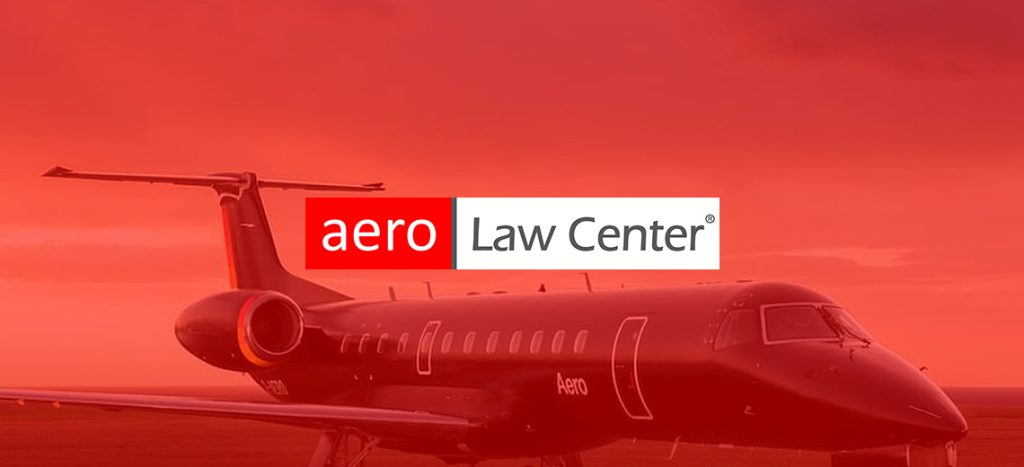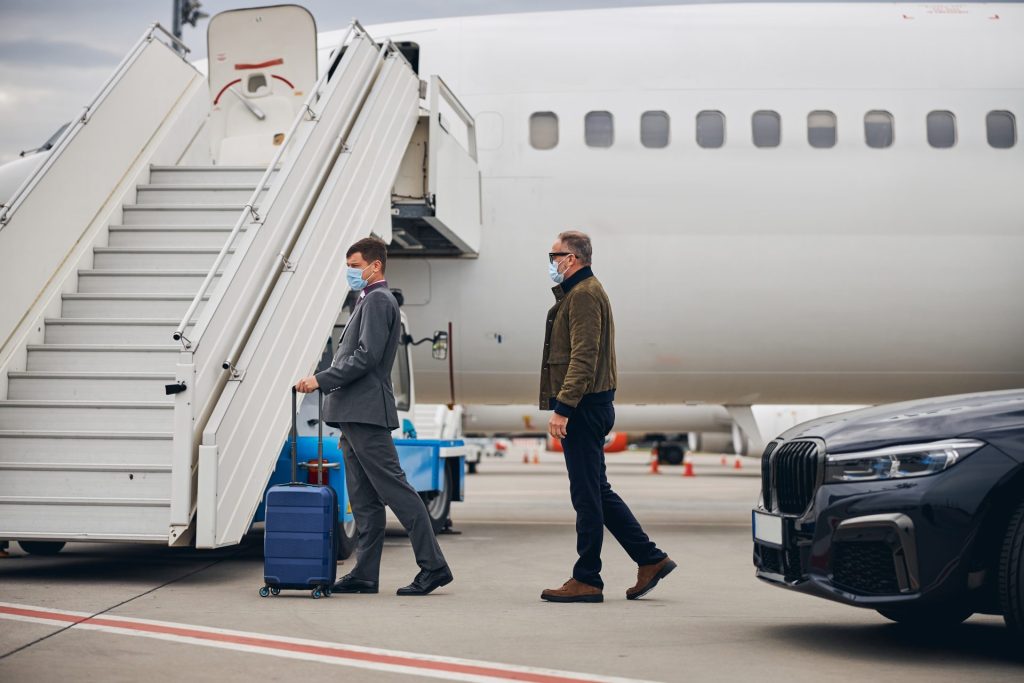Part 135 is a Federal Aviation Administration (FAA) certification that allows business aircraft operations to conduct operations in exchange for compensation or hire. This provision covers on-demand and commuter air services for smaller airplanes and rotorcraft. Operators under part 135 often provide critical passenger and air cargo services to remote areas, often the only lifeline some of these distant places with limited populations have to food and other goods.
There are several FAA-related requirements under part 135 that pilots must comply with first, such as flight operations, maintenance, and training to ensure the safety of the aircraft, passengers, and crew members.
What Are General Requirements for Part 135?
To obtain certification for part 135, pilots must meet the basic requirements by the FAA:
- Applicants and management personnel must be a citizen of the United States
- Any partners or team members must designate the roles, such as director of maintenance, pilot, and director of operations
- At the time of application, documentation of ownership, lease agreement, or letter of intent stating a physical location for operation must be provided
- The operator must have exclusive use of one aircraft that meets the requirements for at least one type of operation
- The aircraft must meet all strict requirements, including operations and maintenance, to qualify for part 135 and also be subject to an ongoing maintenance program to ensure compliance
- All direct air carriers involved in foreign air transportation must file aircraft accident liability insurance coverage
Are There Other Special Requirements to Consider?
Pilots entertaining interstate commuter operations must obtain Economic Authority from the Department of Transportation (DOT). Commuter operations offer the departure location, departure time, arrival location, aircraft type, and terms of service in advance. The frequency of operations is at least five round trips per week on at least one route between two or more points, according to faa.gov.
Conducting on-demand operations is another special requirement when obtaining a part 135 certification. An operator must register as an air taxi operator and provide evidence of insurance with the FAA Air Transportation Division, Technical Programs Branch.
All operators also must submit a Hazardous Materials Training Program even if they don’t intend to use the aircraft to carry hazardous goods or materials.
What if I Don’t Comply with Part 135 as an Operator?
It’s important to have a working knowledge of the Federal Aviation Regulations (FARs) and how they apply to your aviation business. In this instance, part 135. Operating your plane under part 91—or general aviation—means just that. It does not mean you can carry out part 135 duties without the proper certification.
Knowingly or unknowingly engaging in any misconduct can result in a suspended or revoked pilot’s license. In a different scenario, a pilot operating under part 135 involving a crash or accident that results in any injury or property damage likely won’t be covered by insurance.
License suspension, denial of insurance coverage, personal liability, and monetary fines for FAA violations ranging from $1,100 to $27,500 are all possible realities for operators that don’t comply with part 135 regulations. Contact our aviation lawyers to discuss your rights and representation if it’s needed: 954-869-8950.

 CALL US NOW
CALL US NOW






